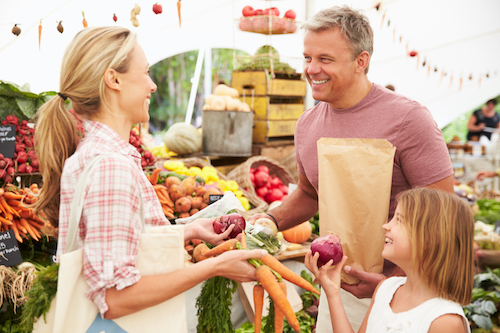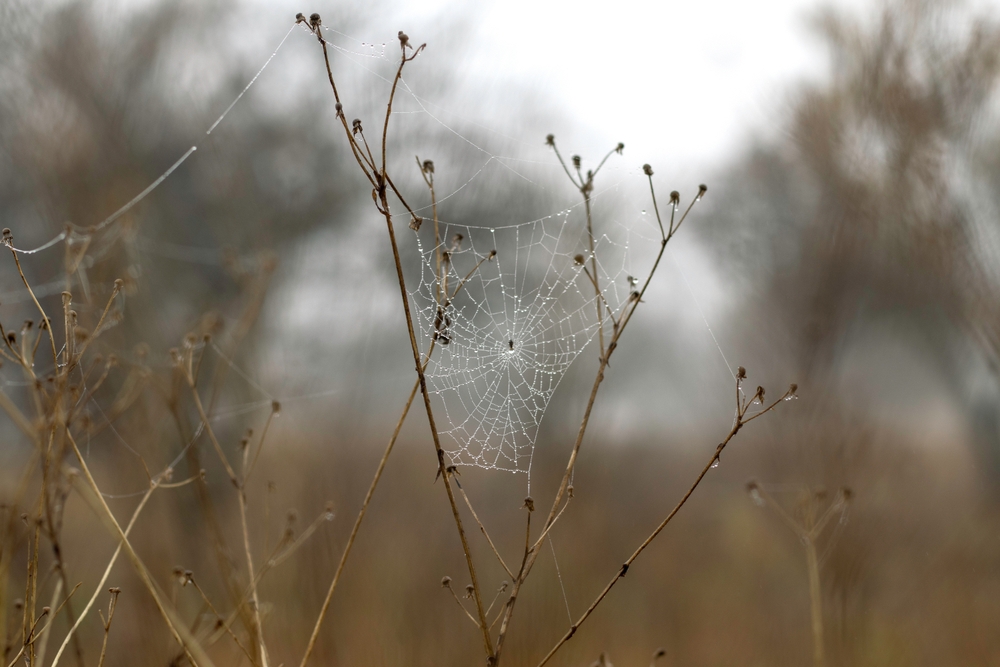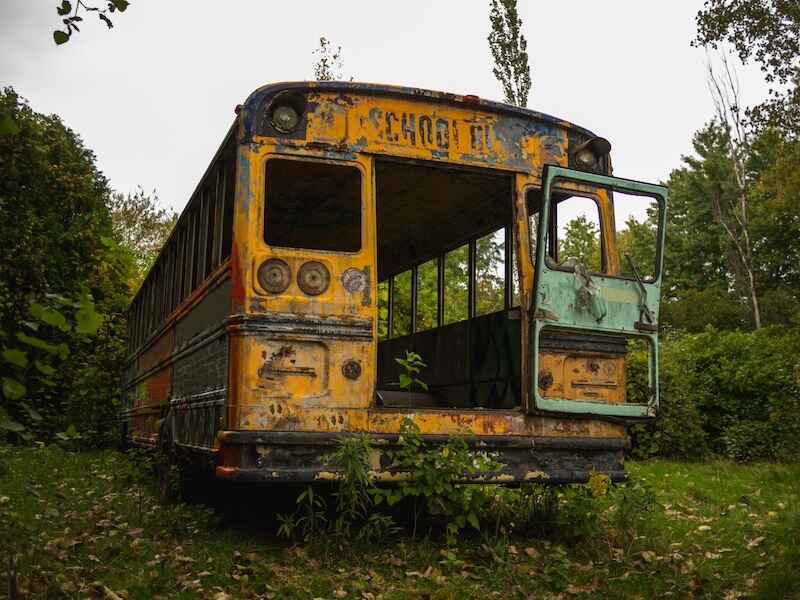The Devastating Loss of a Truly Free Market
Joel Salatin|February 18, 2020

Editor’s Note: We’ve got some exciting news… Andy’s just released his latest research – an in-depth video that reveals the secrets to his award-winning trading strategy. This critical Know-How will help you take your investing and trading to the next level… no matter your experience. Click here for all the details.
Imagine a store where a farmer could sell and a customer could buy the following uninspected products:
- Field-dressed and home-processed beef
- Home-processed and cooked chicken
- Homemade yogurt from hand-milked cows
- Homemade potato salad
- On-farm beef jerky
- Homemade quiche.
I ran one once upon a time. Our family sold this food without any government inspection. Our store was called the Curb Market.
Started during the Depression era (1930s) to enable food-rich farmers to get cash, the Staunton Curb Market had up to 50 vendors during its prime. With no government inspection whatsoever, farm couples sold their wares directly to city consumers every Saturday beginning at 6 a.m.
My wife’s grandmother baked some 30 to 40 pies every Friday in a Majestic wood cookstove and sold them at the market. That provided spare change at a time when a few dollars on the farm could make or break the family.
Early on, the government’s food inspection service and the Cooperative Extension System worked out an agreement that exempted farmers from inspection if they participated in extension service programs. The inspectors reasoned that anyone attending these educational programs would be abreast of the latest and greatest protocols for food safety and sanitation.
It was a reasonable compromise. The inspection exemption enabled farmers to home-process, home cook and value-add their production without onerous licenses and bureaucratic oversight.
To my knowledge, not a single person who ever shopped at the Curb Market suffered from pathogenic or toxic food.
After World War II, the market waned. By the mid-1960s, it was down to about seven vendors. By 1970, when I was 13, the market had dwindled even further, down to two elderly matrons.
Our family embraced the direct market opportunity and joined. I was the primary stand operator, rising every Saturday at 4 a.m. to load up and be ready for customers at 6 a.m. Before I began driving, Dad would take me down there.
It was indoors, every Saturday of the year, adjacent to a large downtown parking lot. During all my teenage years, until I went to college, I manned this booth with these two grandmas. One of them sold pastries, pies, cakes and the most bodacious potato salad in the world. My love for sweet pickles was born in that potato salad.
The other lady came from a true country diversified farmstead. She sold vegetables, country ham that her family cured in an 1800s-style smokehouse and some baked items.
Our family sold cottage cheese, yogurt, butter, beef, pork, rabbit, chicken, eggs and vegetables. The only thing we couldn’t sell was fluid raw milk.
We milked a couple of Guernsey cows by hand, churned the butter, butchered chickens, cut beef with a hand saw on a big table in the shed and developed a ravenous clientele.
This was about 10 to 15 years ahead of its time. Had we done this in the late 1980s or early 1990s rather than the early 1970s, I think we would have found marketing much easier. The patrons were not young people looking for high quality; they were old people looking for yesterday’s tastes.
Most of my customers were quite elderly, but they loved what we had. Today’s concentrated animal feeding operations were just becoming “a thing,” and public awareness had not progressed to where it is today.
When I went away to college, we closed the stand down and shortly thereafter the two ladies quit too. I suspect my youthful enthusiasm kept them at it longer than they would have otherwise.
A Truly Free Market
This story is important because many people consider me outrageously cavalier about government oversight in food safety and can’t imagine how I became militantly libertarian about food choice.
The Curb Market represented a true free market. Because we could sell without costly and tyrannous government intervention every step of the way, our prices were competitive with regular supermarket prices.
Nobody had heard of the “O” word – organic. With such an unregulated direct marketing opportunity, we could add products without permission or costly inspection overheads. We could jump in and out easily, testing different enterprises.
Most people think I play Russian roulette with food safety when I advocate an unregulated access to market, assuming that uninspected food will be laden with toxins and pathogens.
But my experience at the Curb Market validates a freedom position. It opened up entrepreneurial opportunities for farmers, offered higher-quality fare to city dwellers, and protected both parties from political partisanship and bureaucratic rigidity.
Remembering this freedom is why I cry tears of sorrow today.
Nothing Like It
To my knowledge, nothing like this exists in the entire nation. All of what I described above is illegal without onerous and stifling bureaucratic oversight.
And getting legal approval is easier to do if you’re a big outfit than if you’re a little outfit. That’s my definition of inappropriate regulations.
We’ve lost unfettered exchange. We’ve lost neighbor-to-neighbor transparency-induced trust. We’ve lost community opportunities.
I know what true, fair and friendly commerce can be. I know what transactions without licenses, “hold harmless” agreements and liability insurance can offer.
Our nation is poorer for criminalizing what at one time was simply normal business.
In some ways, this makes me yearn for a collapse of some sort. Economic, environmental, social, health, bring it on. In crisis, people won’t wonder whether their hamburger went through a labyrinth of regulations. They’ll just be glad to get it.
Whatever it would take to return to those days of opportunity and freedom, bring it on. We’d all be better off.

Joel Salatin
Joel Salatin calls himself a Christian libertarian environmentalist capitalist lunatic farmer. Others who like him call him the most famous farmer in the world, the high priest of the pasture, and the most eclectic thinker from Virginia since Thomas Jefferson. Those who don’t like him call him a bioterrorist, Typhoid Mary, a charlatan, and a starvation advocate. With a room full of debate trophies from high school and college days, 12 published books, and a thriving multigenerational family farm, he draws on a lifetime of food, farming and fantasy to entertain and inspire audiences around the world.



